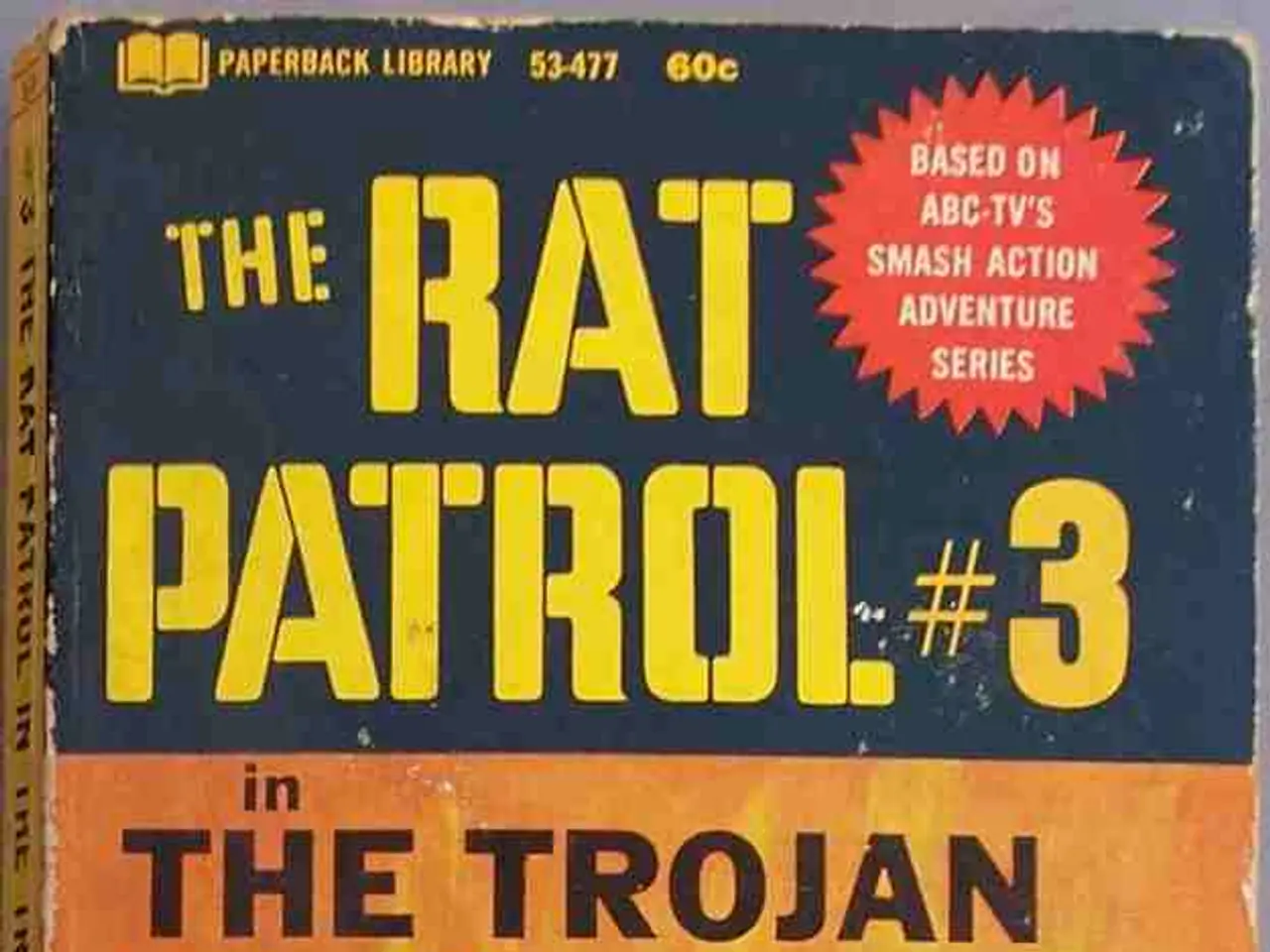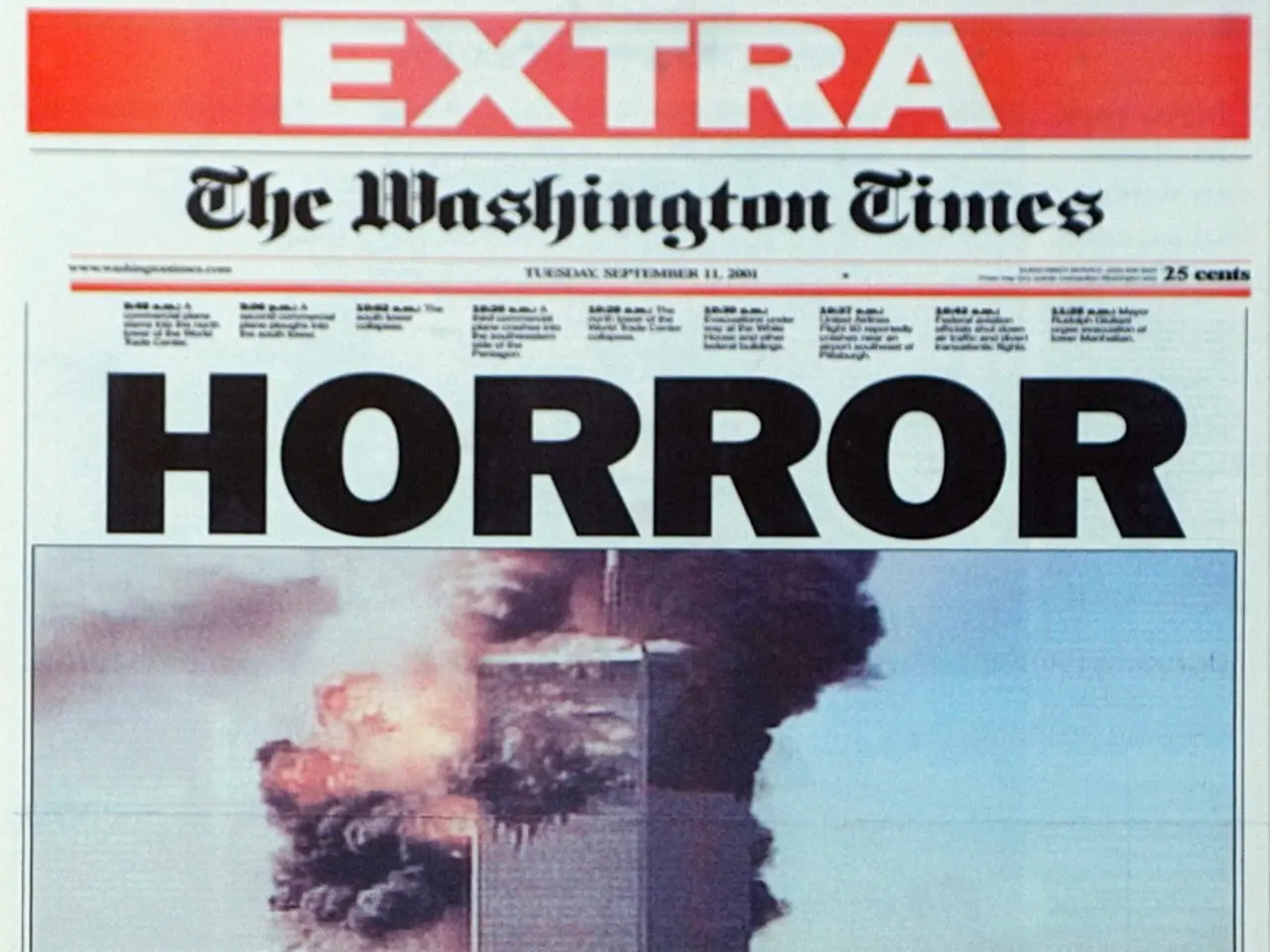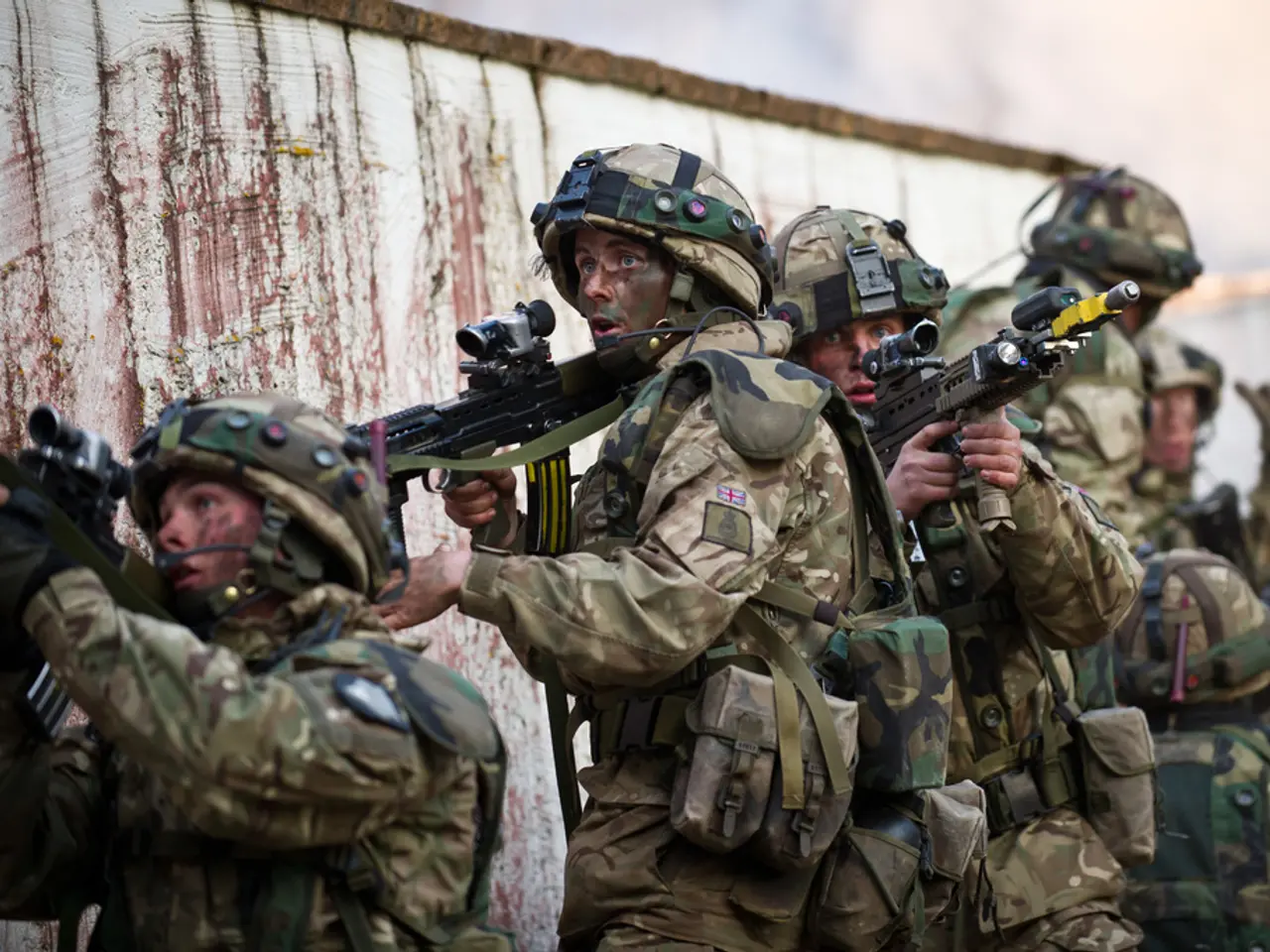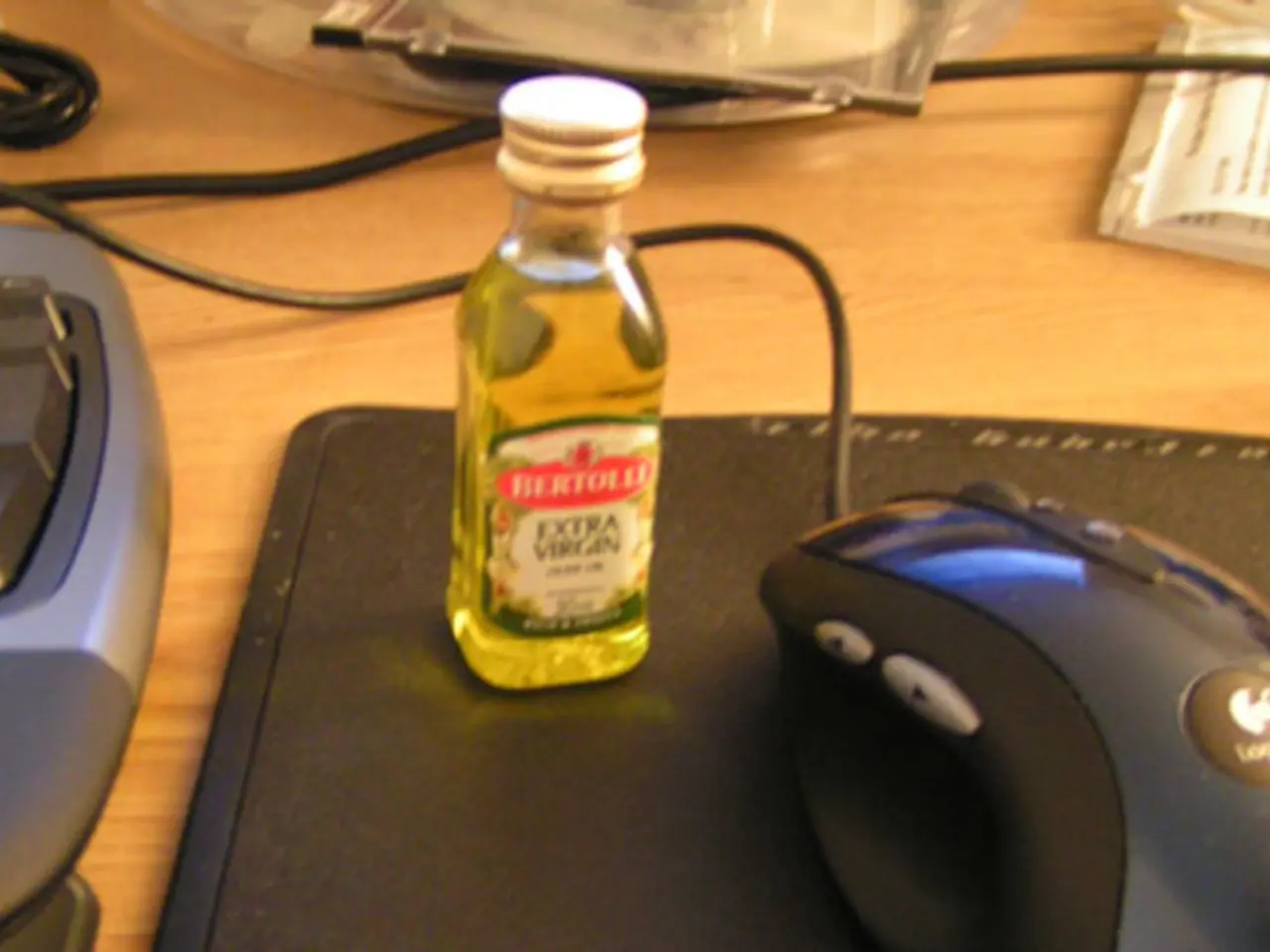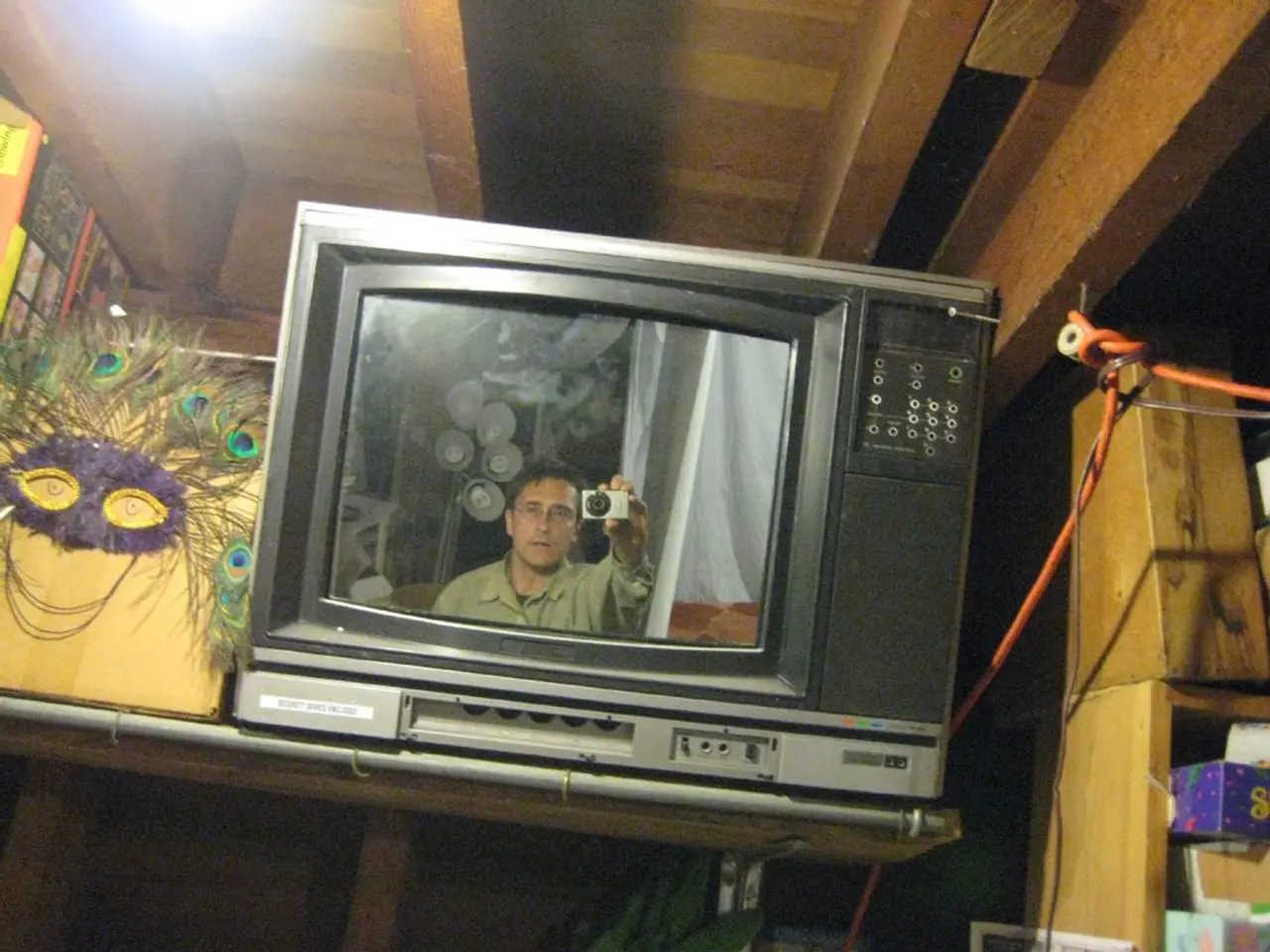Conflict continues in Turkish Kurdistan: "War persists in Turkish Kurdistan"
In the Kurdish town of Hakkari, located near the border with northern Iraq, the peace process between the Turkish state and the outlawed Kurdistan Workers' Party (PKK) has been met with a mix of hope and apprehension. The local population's skepticism stems from a combination of historical distrust, fears of sabotage, doubts about political representation and reforms, and concerns over security during disarmament and integration phases.
Mehmet Duman, a resident of Hakkari, shares the sentiment of many locals. He expresses suspicion towards the Turkish state due to past persecution and exclusion of Kurds, as well as recent arrests of members from the leftist nationalist Turkish opposition party, the CHP. Duman's concerns about the peace process are not limited to the Kurdish issue but also extend to the treatment of the Turkish opposition.
The peace process hinges heavily on establishing a parliamentary oversight commission in Turkey to manage disarmament and political integration. However, there is concern about how effectively this commission will operate, whether it will truly represent Kurdish interests, and if it can ensure lasting political change. Duman questions the sincerity of the current initiative, citing historical distrust and past failed attempts at peace.
Turkish President Recep Tayyip Erdogan has assured his fellow countrymen that "no one needs to be worried, afraid, or ask questions" about the peace process. Yet, Duman remains skeptical, expressing a desire for an end to the bloodshed that has occurred over the years on both sides but hoping for the best while not believing it will happen. He criticizes the PKK for not laying down their weapons earlier and emphasizes that the state must take a step towards peace, as the PKK fighters' weapons handover mostly operated from northern Iraq.
The Turkish government has announced the formation of a parliamentary committee to accompany the peace process, but many locals remain anxious. As PKK militants begin laying down arms in areas including Iraq, concerns about who will control these territories and how safe they will be during the transition period persist. Some fear potential security vacuums or retaliations.
In Hakkari, the presence of Turkish police, even in civilian clothing, is a constant reminder of the ongoing tension. Many people refuse to give their names due to fear of reprisals by the Turkish state, underscoring the apprehension that pervades the region.
Duman's skepticism towards the Turkish state is reinforced by the recent arrests of CHP members, particularly in the large cities in the west of the country. This has caused doubts about the sincerity of the peace process, with some locals wondering if the Turkish government's actions towards the opposition are indicative of a broader lack of commitment to peace.
As the peace process unfolds, it remains to be seen whether the concerns and doubts of the locals in Turkish Kurdistan will be addressed, or if the history of mistrust and failed attempts at peace will repeat itself. The future remains uncertain, and discussions about the peace process are risky due to the uncertainty of the future.
The general news of the peace process in Kurdistan continues to face distrust from locals like Mehmet Duman, as his fears about the sincerity of the process are intensified by recent arrests of CHP members. Moreover, concerns about the effectiveness of the parliamentary oversight commission and the safety of territories during disarmament and integration phases persist, highlighting the need for war-and-conflicts reporting to address these politics uncertainties in the region.
